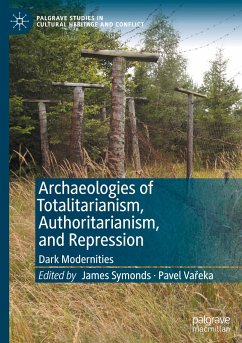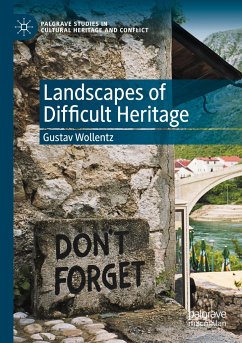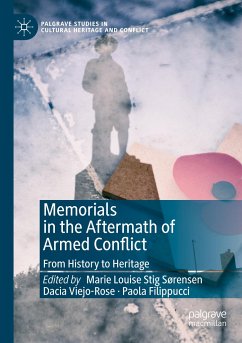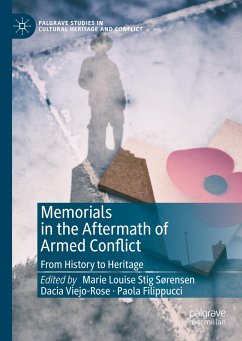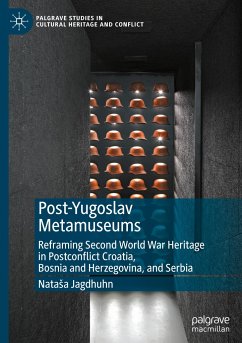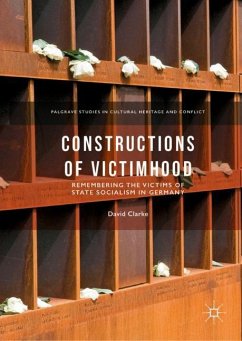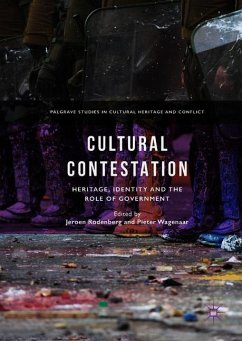
Archaeologies of Totalitarianism, Authoritarianism, and Repression
Dark Modernities
Herausgegeben: Symonds, James; Vareka, Pavel
Versandkostenfrei!
Versandfertig in 6-10 Tagen
98,99 €
inkl. MwSt.

PAYBACK Punkte
49 °P sammeln!
This book offers new insights into the mechanisms of state control, systematic repression and mass violence focused on ethnic, political, class, and religious minorities in the recent past. The geographical and temporal scope of the volume breaks new ground as international scholars foreground how contemporary archaeology can be used to enhance the documentation and interpretation of totalitarian and authoritarian regimes, to advance theoretical approaches to atrocities, and to broaden public understandings of how such regimes use violence and repression to hold on to power.



